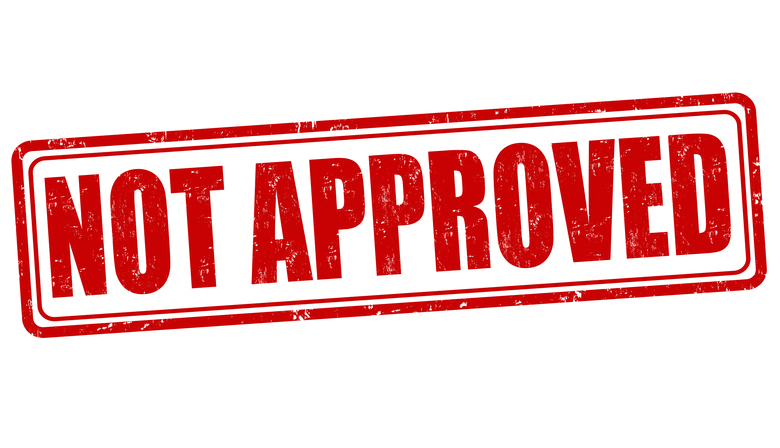There are many situations in which pursuing a personal injury claim would not be a valuable expenditure of your time, money, and effort. Making a personal injury claim to an insurance company is a difficult, expensive, and time-consuming matter.

If you are forced to file a lawsuit, that difficulty, expense, and effort are increased a great deal. For example, if your damages (medical treatment, wage loss, property damage) are quite low or difficult to prove, pursuing a personal injury claim may not be advisable.
Making this decision can be a difficult one and the advice of an attorney is very important to understand the pros and cons. On the other hand, there are certain circumstances wherein a personal injury claim may not be a possibility at all.
Reasons You May Not Qualify for a Personal Injury Claim
There are a variety of reasons that you may fail to qualify for a personal injury claim. There are a few reasons, however, that are most common.
Statute of Limitations
The most common bar to a personal injury claim is the expiration of the time period in which a claim can be brought. All civil legal matters are governed by a statute of limitations, which limits the time period in which a lawsuit can be filed after the unlawful event. In most personal injury actions, this period is three years. For example, if you are injured in an auto collision, you have three years from the date of that collision to file your lawsuit.
Some claims carry with them a shorter statute of limitations. Property damage claims or claims for intentional torts (assault) are controlled by a two-year statute of limitations.
It is important to contact an attorney as soon as you feel you may have an injury claim so that you can be advised as to when the limitation period expires for your claim. It is equally important not to listen to insurance adjusters regarding the time limitations for your claim. It is a well-known tactic for insurance companies to intentionally misrepresent the time limit for a personal injury claim by stating that an insurance claim file will be closed at a certain time if a settlement is not reached.
This is a tactic used to pressure claimants into settling their claims without adequate compensation or dropping their claims altogether. You should contact an attorney to discuss these issues.
Workers Compensation
Another bar to a potential personal injury claim could occur if your injury took place while you were at work. Generally, Washington worker’s compensation laws do not allow people to sue their employees for injuries suffered on the job. Instead, medical bills and lost wages are paid through the Department of Labor and Industries, which is commonly known as worker’s compensation. Employers are immune from being sued by their employers. The employee’s exclusive remedy is worker’s compensation.
There are only very limited circumstances in which an employee can sue her employer for an on-the- job injury. This limitation includes injuries caused by the negligence of fellow co-workers. It is important, however, to determine whether the at-fault person or entity is actually considered an “employer” of the injured person. If the at-fault company is not the employer of the injured person, that company is not immune from suit.
The most common example of this situation occurs in construction site injuries where an injury is caused to the employee of one company by the negligence of a different company. It is important to contact an attorney to determine whether worker’s compensation laws may bar your personal injury claim.
Have questions about your personal injury claim? Talk to one of our experienced attorneys at Russell & Hill, PLLC, to learn more.
